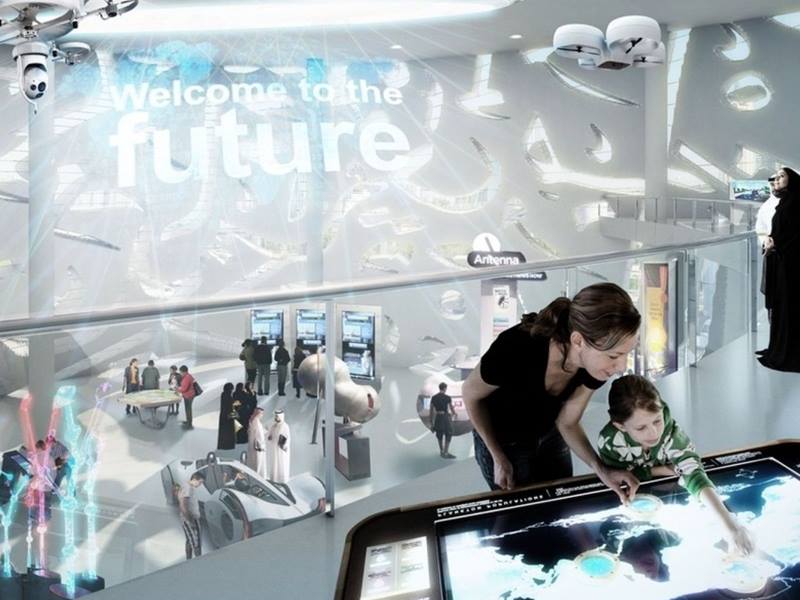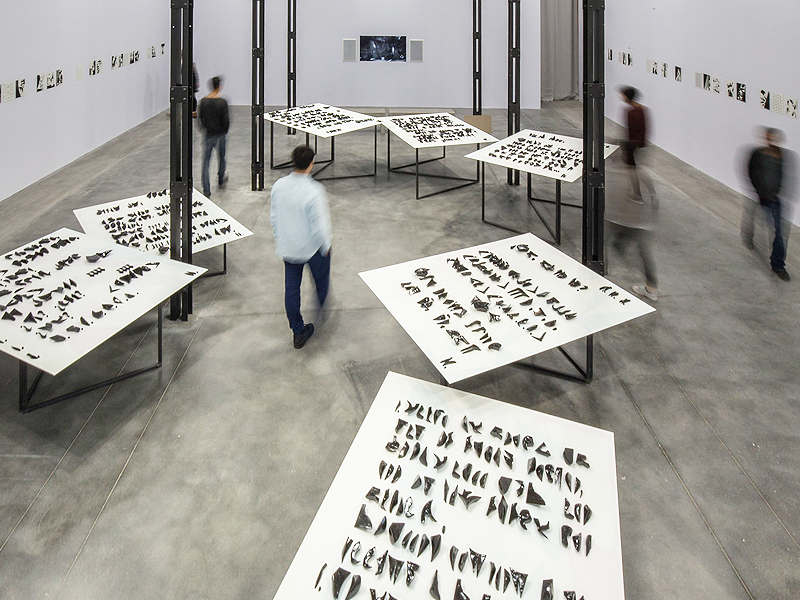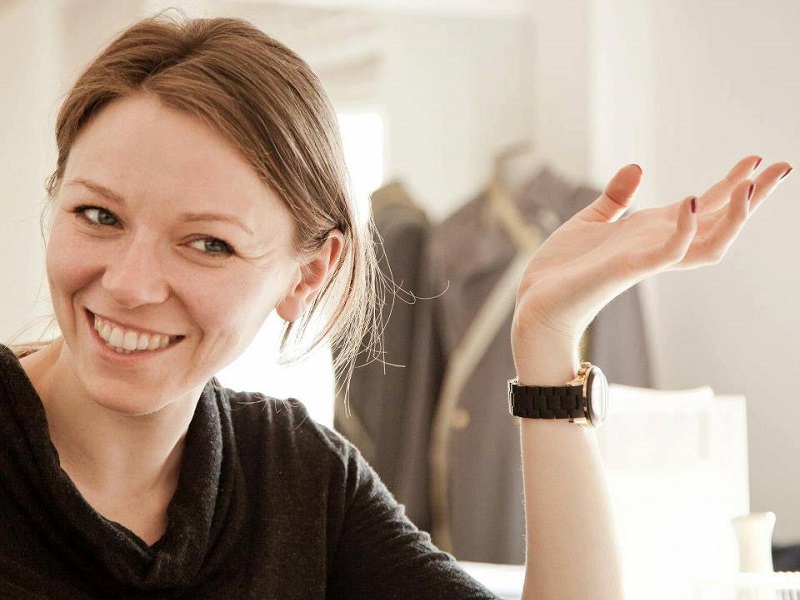
Open data
Museums have already entrusted their collections to the public both from an ethical and legal perspective. Should the same principles apply to other data? In that case, building a digital infrastructure to support the sharing of data is as important as creating exhibition galleries and facilities for storing collections.
Ethical issues
The report suggests that museums have to review their ethical principles to address emerging issues. Traditional areas of concern like conflict of interest and provenance research may need to include privacy of digital data and the ethical provenance of artworks displayed in the museum. Policies on individual and corporate support may also need to be updated and strengthened, and museums working on the global arena may take a proactive stance on ethical issues related to that work.
Museum workers’ pay and unpaid internships
Now is a good time to discuss which investments are consonant and inconsistent with the museum’s mission and its values.
Feedback from visitors
The gathering of personal recommendations from visitors is a problem for most museums, as it requires technological capacities. Most museums are just beginning to collect basic data on how people interact with them.
Mobile apps and new technologies
The report recommends that museums monitor how visitors use their mobile devices in museums and be prepared to integrate these technologies in their experiences by providing free Wi-Fi and charging stations.
Find their pace
The world lives in a combination of two speeds, slow and fast, and museums have to work towards accommodating both currents. What if museums were to organise their collections not by period, region or theme, but by the time required to view them? One then could spend a few hours in the “slow” gallery looking at dozens of manuscripts, video works and installations, or quickly view a hundred photographs, paintings and sculptures in the “fast” galleries.
Find out more about the report here




